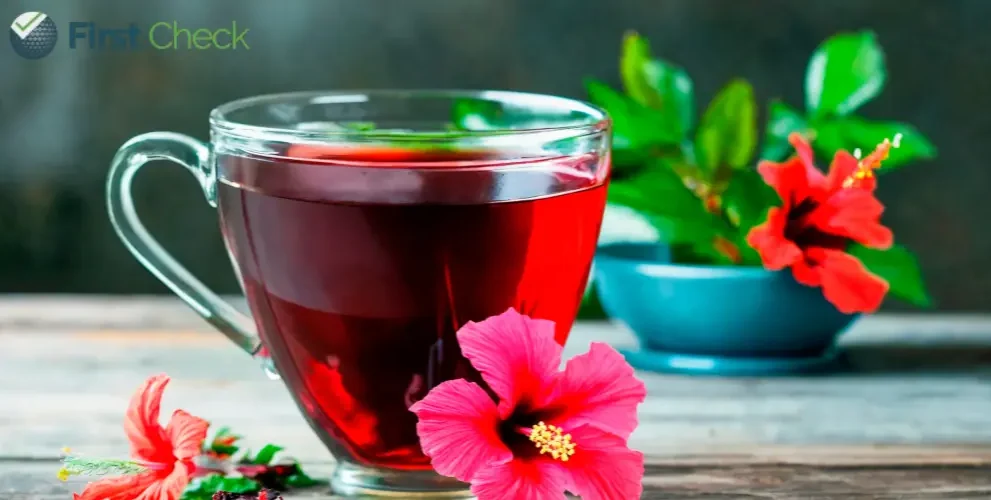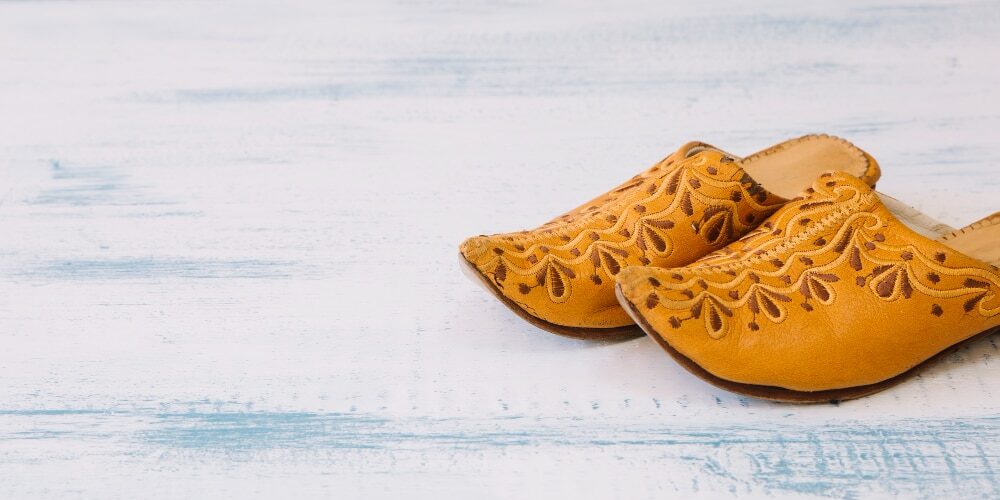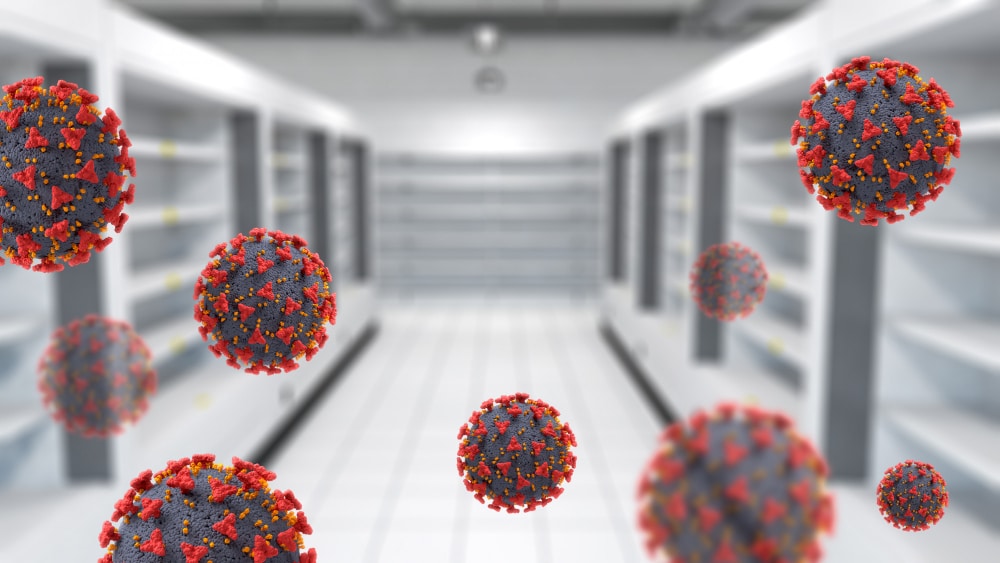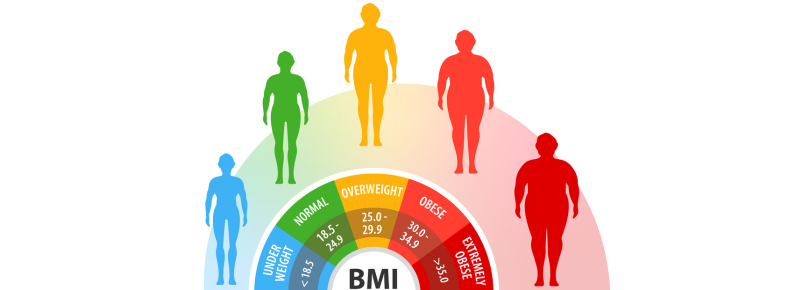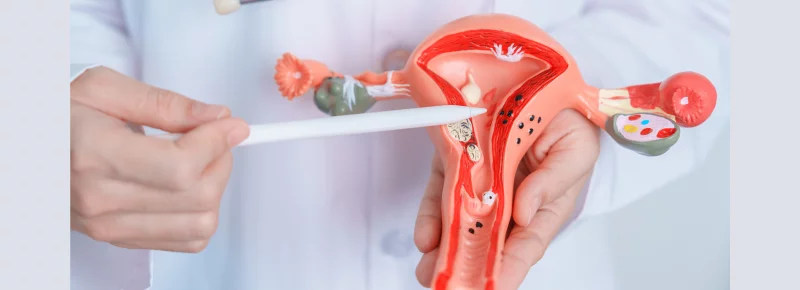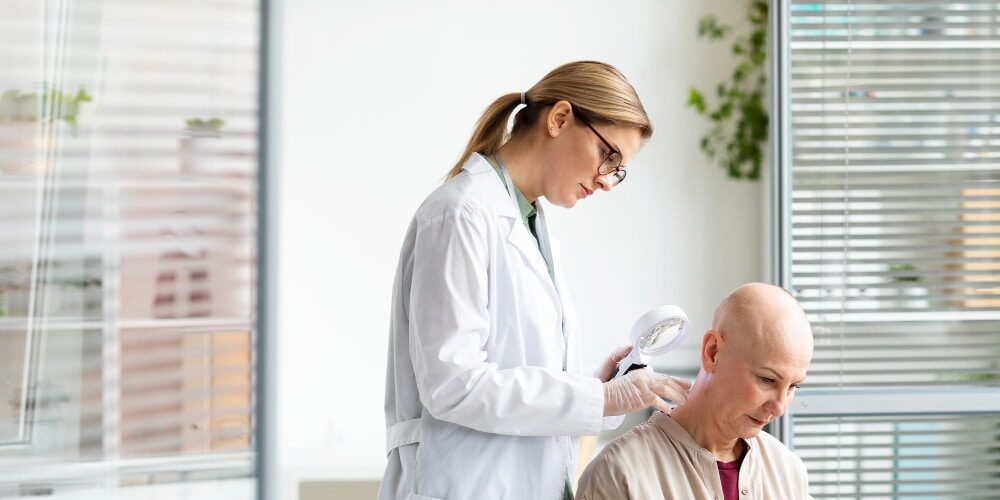Hibiscus tea may have medicinal properties, but clinical research on the subject is currently limited.
Earlier this week, a popular Indian actress put out a social media post on hibiscus tea, thanking her nutritionist for introducing her to the wonder drink with numerous health benefits. In response, a doctor known for combatting misleading health information online called out the actress for blowing her “health-illiteracy trumpet”. Soon, the nutritionist hit back with explanations supporting the claims, which the doctor dissected and rebutted in great detail on his social media handle.
This is a classic social media conflict in the ayurveda vs allopathy space. There have been similar instances in the recent past, and in all likelihood, there will continue to be more in the future. The question before social media users is: How do we discern evidence-based health facts, without being swayed by the drama?
Let’s start by exploring the main protagonist in the latest incident – hibiscus tea. Hibiscus is a genus of flowering plants known for their large, colourful flowers, and hibiscus tea (also called roselle tea) refers to an infusion made from the calyces of hibiscus sabdariffa, a species known for its tart flavour and deep red colour.
The claims made about the purported health benefits of consuming hibiscus tea include managing high blood pressure and diabetes, providing a defense against flu and acne, along with numerous other benefits due to its powerful antibacterial properties. However, there is limited scientific research to support these claims.
A 2021 meta-analysis concluded that there’s insufficient evidence to establish hibiscus tea’s effectiveness in managing or lowering blood pressure in hypertensive individuals when compared to the placebo. Similarly, analysis of available studies shows no significant blood glucose-lowering effect in humans; most positive results come from animal studies. There’s lack of credible data to support the other claims as well about hibiscus tea’s numerous health benefits.
It’s important to note that hibiscus tea may have medicinal properties, but clinical research on the subject is currently limited. The herbal drink may not be suitable for everyone. It could interfere with certain medications; it may also cause harm in high amounts. People with preexisting health conditions should consult with their doctor before making hibiscus tea a part of their routine.
Read More : Explainer: The perils of protein deficiency

